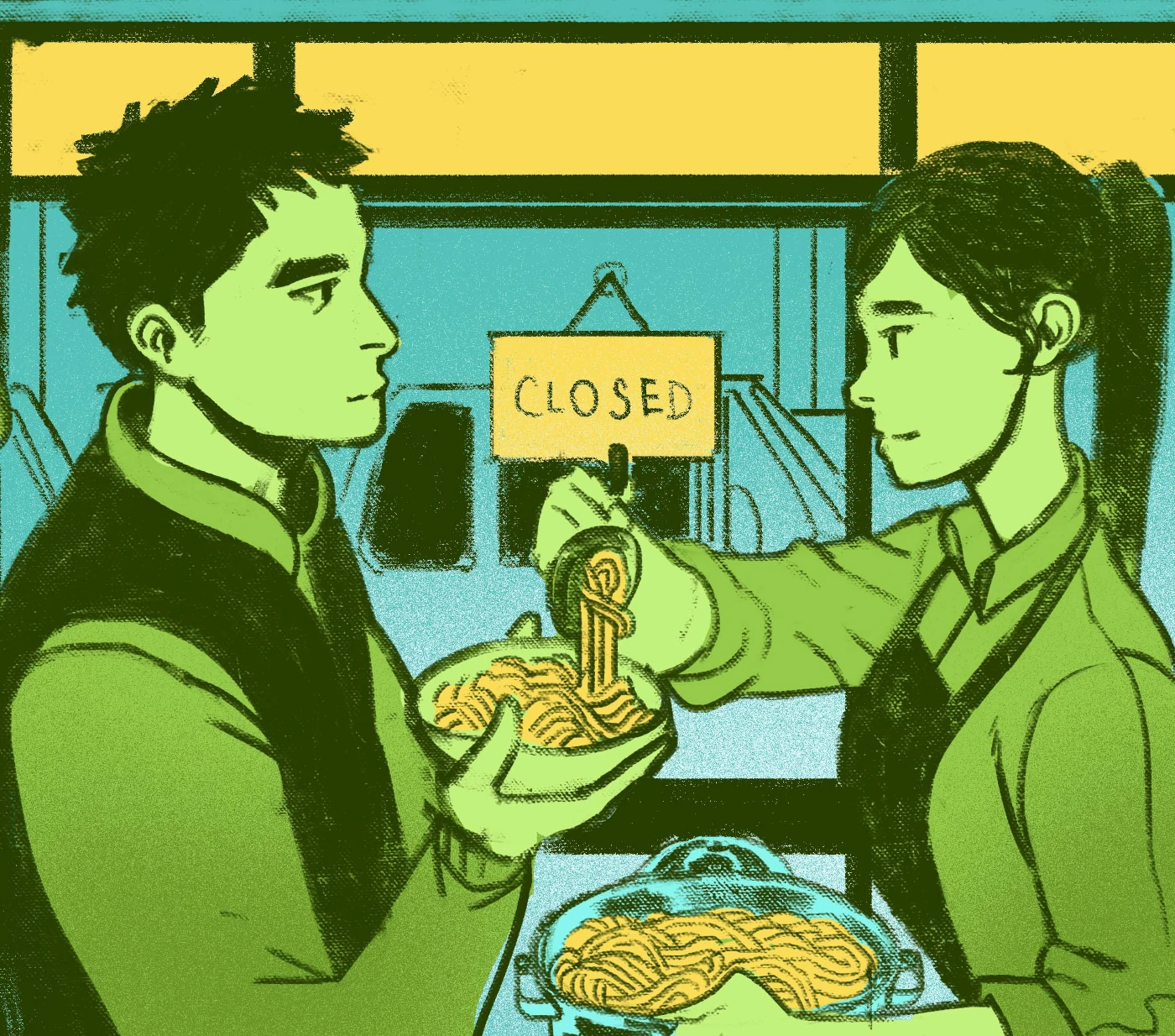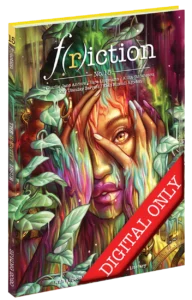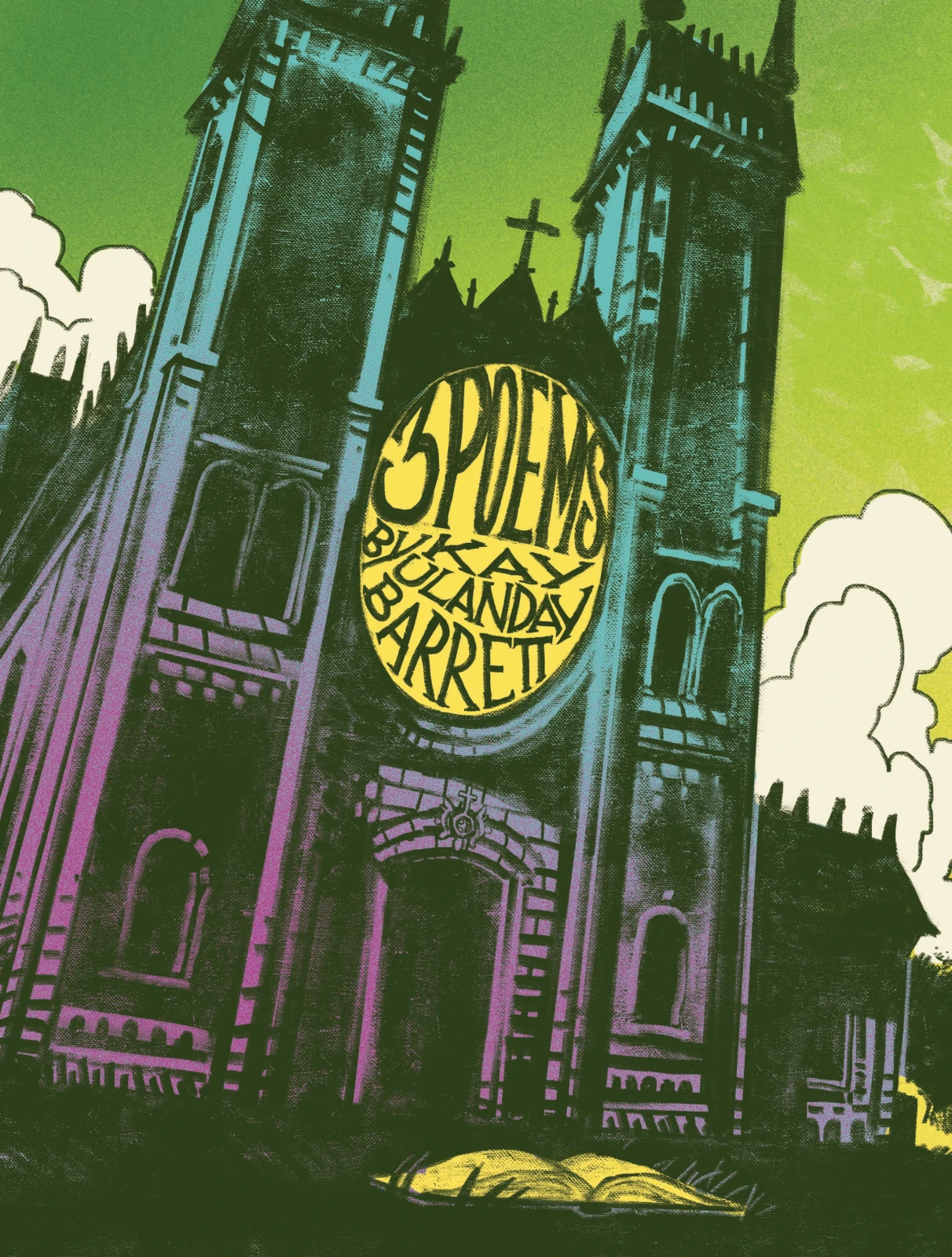
Three Poems
Words By Kay Ulanday Barrett, Art By Arthur Asa

It’s okay, you’ll be wound sometimes.
be gaping, be cry,
be rock, be shiver, be rumble,
be ramshackle,
be shaking ancestors in your sleep.
To be part dead.
to razor, to lash, to hang, to be
thing that flails, to be cathedral,
to be gravestone. to speak cobweb.
Let me tell you:
to die every day is to pulse
music. to be kid who leans against book
more than people. to be book as it opens,
closes, folds in on itself, on same
paragraph. to be underlined stanza
whose body bursts syntax scars naked.
Love body when it emblazons
family curse, when you are bad joke
at table, when you are shuffled scrapes of forks,
weirdo told shut up, forsaken.
Let lonely make lens so clear you become intergalactic.
Let residue be blanket you shed every season.
Let you be blessing no one understands.
Let your gaze be salve, sign of cross.
Let you be words stranger waits for.
Let love be bunker you crawl into.
Let you guffaw, let you cackle.
Let you be last one left.
Let you be last one.
Let you be last.
Let you be.
Let you.
Let.
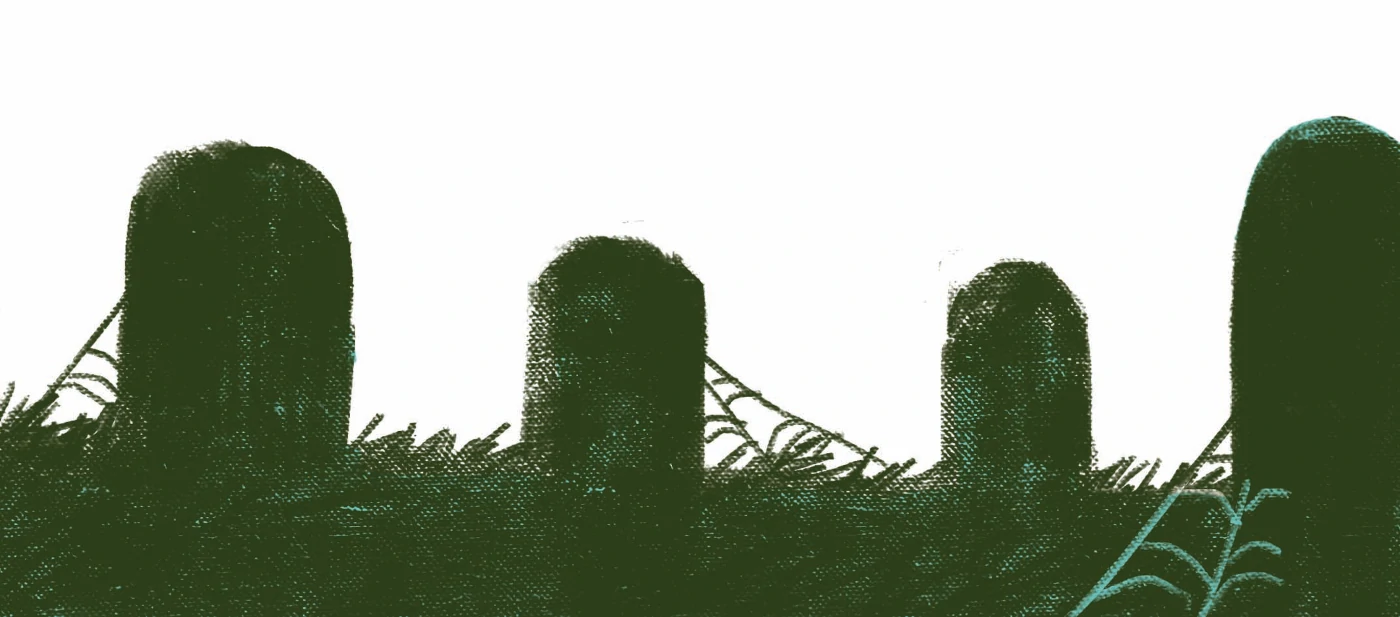

When you’re well into your 30s and you have no heat in the entire
building and you loath that actually you’re used to this, that poverty
had been a training, poverty was a practice imposed on you since
childhood. So somehow, small-you knows how to keep warm
when it’s 5 °F outside with blankets towering a fort on your bed.
Yes, you’ve called & reported & notified sources to get the heat
back on. That’s not the point. What you remember as a child
is reading at candlelight or small space heaters you pretended
were robots or re-starting the electrical fuse when a space heater
took too much juice. You remember your mom crying a couple
times, looking over at your freezing grandparents, all of them
cloaked in the same formula: a hoodie, scarves, bubble jacket,
defeat. She continued to boil water for steam on all the stove
burners and with shivering hands ma would mumble, “we left
home for this? We left home for this?” She would cup her
hands blowing breath and each exhale felt like a wish to return.
And your grandparents just sighed & rocked each other in the
basement. All of us wearing starter jackets, the same kind ma
would sell along with phone cards to her kababayan as yet another
side hustle. You, a curious child who knew there was another
home but had never been there yet—would walk over and ask
your mama, hug her tightly, would nudge your grandparents
and hold their worn hands, to tell them about their home,
and so they did. The waiting hours became tides of the beach,
sunglow sweat, harmony of palm tree leaves catching wind,
endless fishing boats dragging nets that appeared to be its
own kind of cursive in sand. There we were, everyone huddled
in the smallest circle in a Chicago northwest apartment, waiting
for it to get warmer, waiting for our bodies to feel home again.
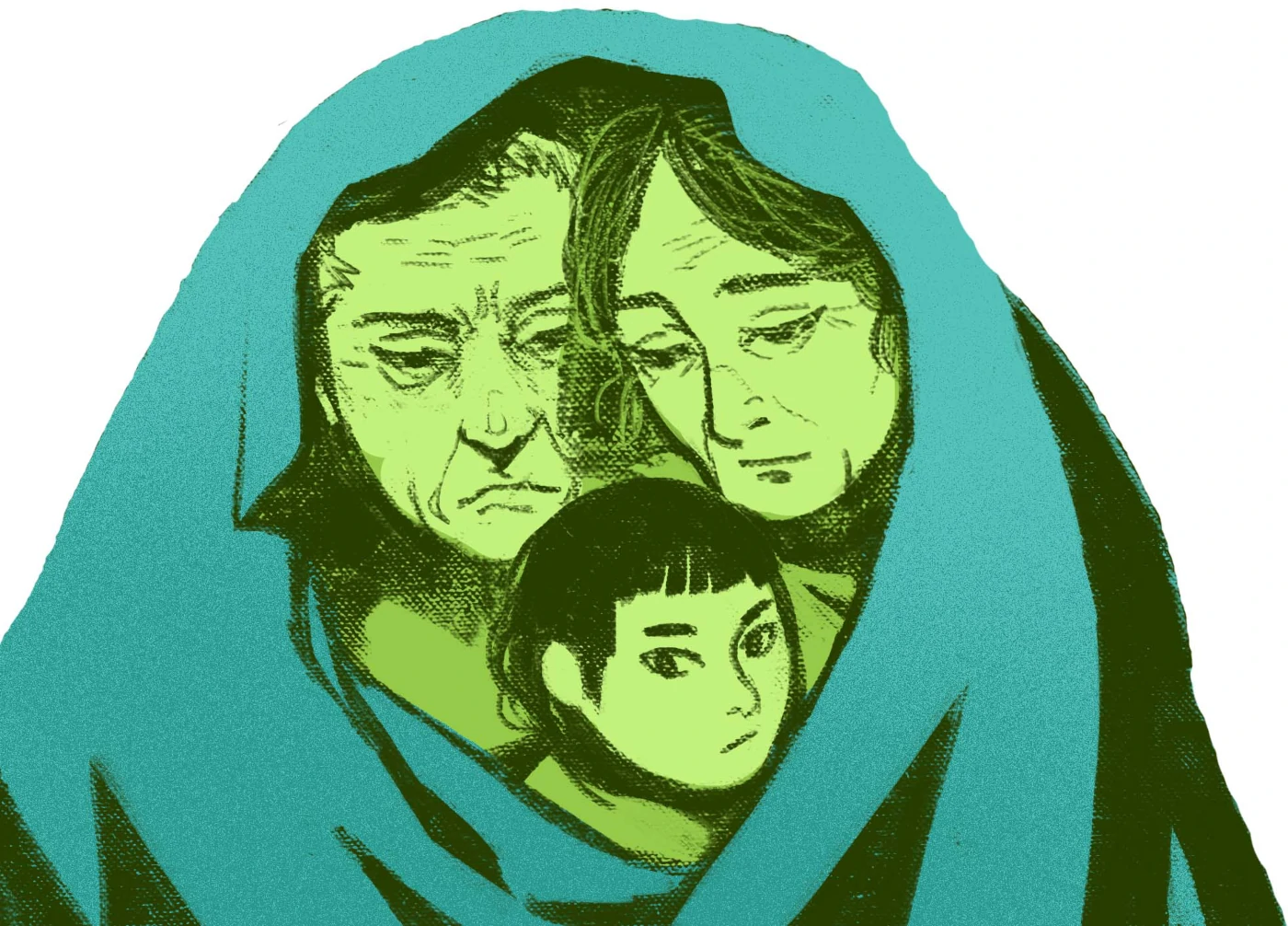

diaspora love is to say, meet me on mott st., turn on doyers st., and wait in line for half an hour. okay. maybe an hour. not touch each other, but plan what dumplings to eat. not say a thing, but talk about hand pulled noodles, order two steamed pork buns, one for now, and another for later after we build a real appetite. watch one another pull apart soft dough made by women’s hands right at sunrise. before that, i’m in a meeting where a white lady tells me how i don’t even sound filipino. before that, you are not thanked for the ways you do all the work among men. we read the headlines and see bodies like ours but never hear our names pronounced correctly, if ever. all our people clean the houses or build the buildings or bake the bread, and we should be so grateful for this immaculate booth, upholstered in red, so grateful for the diplomas, and the crying between airport gates, see how we’ve made it. i send money back home without envelopes now, it’s done all online via cellphone. you go back to harlem, translate papers to parents. my mouth waters over chive parcels as you reach for the greens, chopsticks pick apart piles of leaves from stems as they sit in the salt of oyster sauce. we talk shop. we claim our worth. together, we order more chili oil and think, this chili oil is hot?—we rub our bellies under the table, still hungry, and smile as if to mean, y’all ain’t tasted anything yet.
